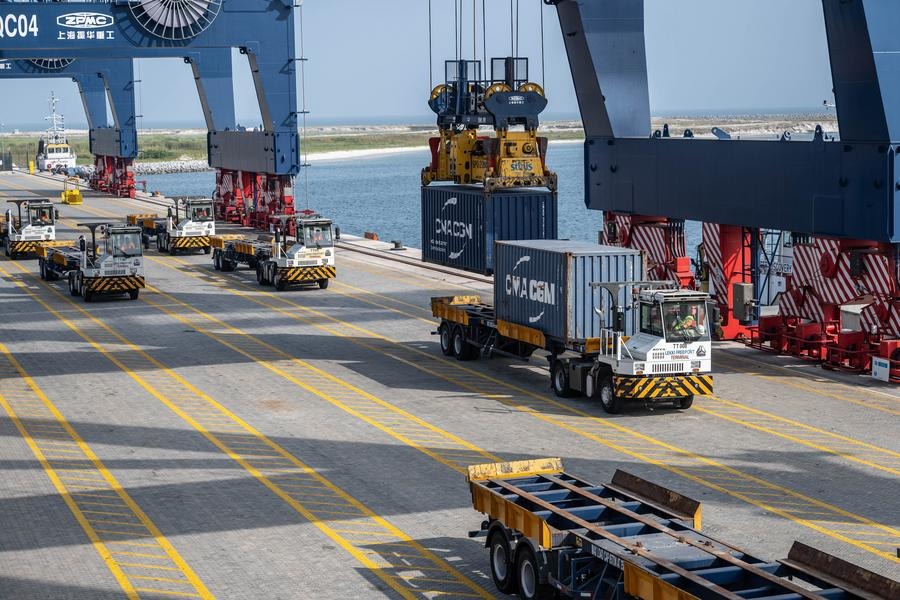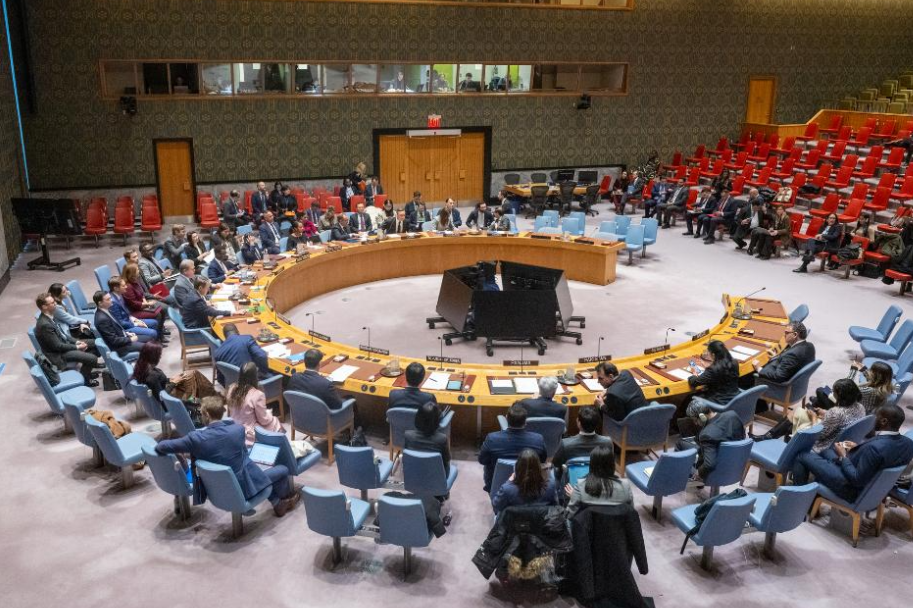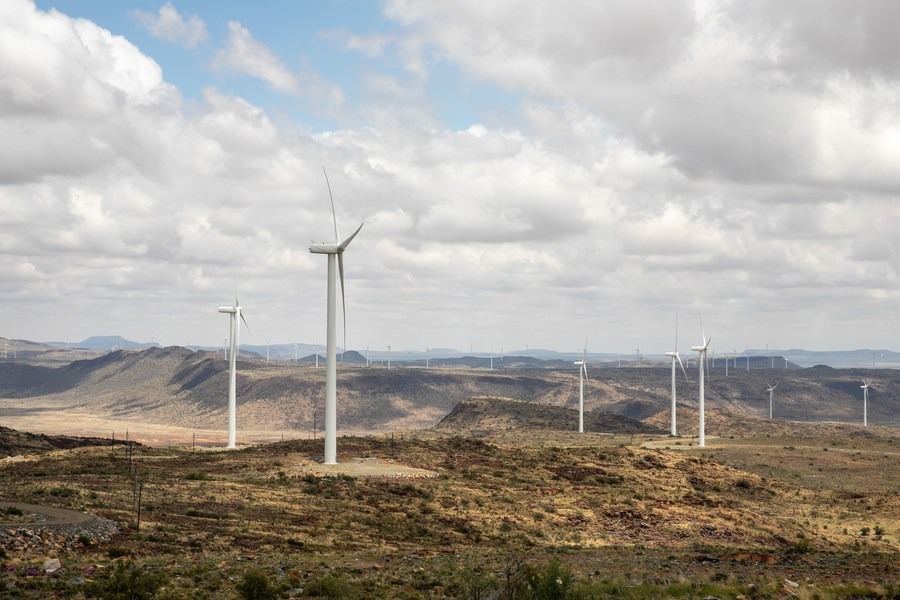Interdisciplinary conference on BRI held in Lancaster


A three-day interdisciplinary conference concluded at Lancaster University, in northern England on Friday, with participants providing insights and discussing the achievements of the Belt and Road Initiative, or BRI, and other related topics.
"Lancaster University is proud to host the Belt and Road Initiative Conference for the third year," said Andy Schofield, vice-chancellor of Lancaster University, in an interview with China Daily. "This is an academic conference which brings together academic experts from all over the world, policymakers and practitioners, government officials, and businesses. In doing this we aim to harness ideas, generate knowledge and provide actionable solutions pertinent to diverse stakeholders involved in the BRI as well as understanding the wider impact of the Initiative.
"We see this event as an opportunity for researchers from multiple disciplines to share and debate perspectives and communicate their research findings as they review the BRI development in the past 10 years and discuss its future.
"In addition, Lancaster University Belt and Road Initiative Research Consortium, or LUBRIC, aims to forge partnerships, establishing a global interdisciplinary hub for world-leading research that focuses on the most pressing challenges emerging from regions across China's BRI," Schofield added.
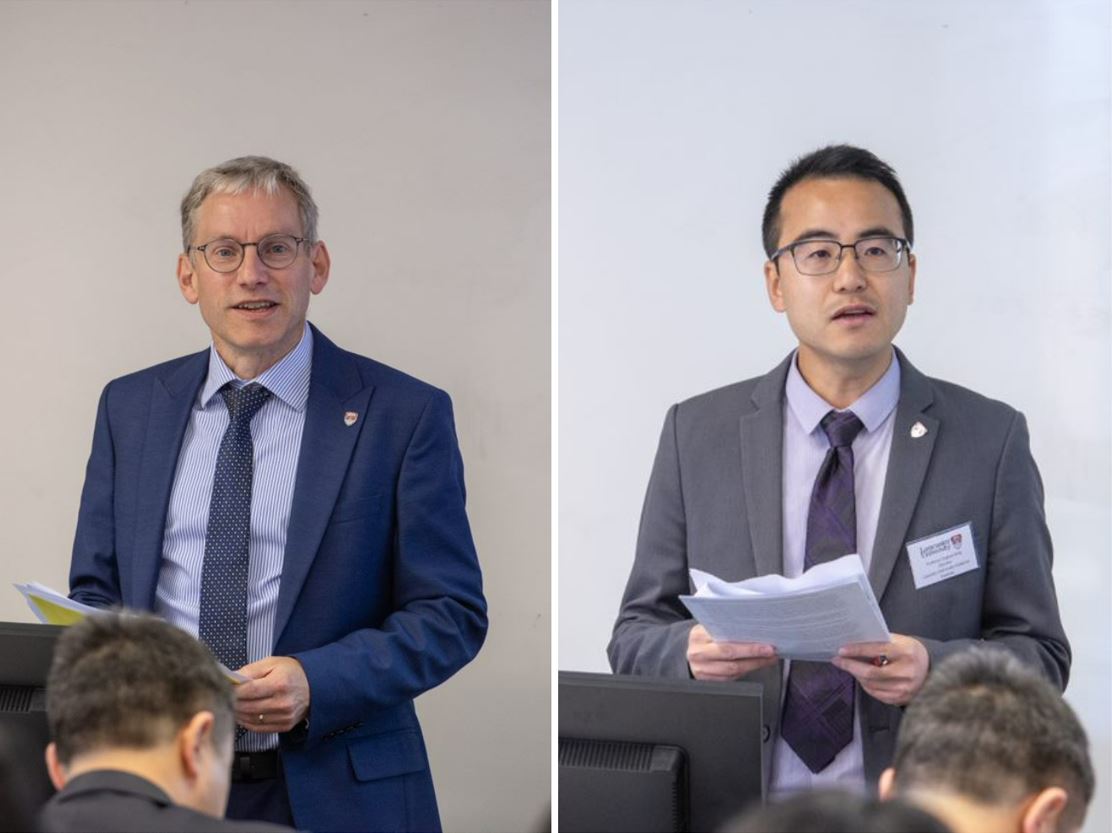
Significant results have been achieved since the BRI was launched 10 years ago. According to the country's National Development and Reform Commission, China had signed more than 200 cooperation agreements with 150 countries and 32 international organizations by the end of 2022.
China's trade in goods with BRI-related economies has doubled from $1.04 trillion (7.18 trillion yuan) in 2013 to $2.07 trillion in 2022, with an average annual growth rate of 8 percent, according to data released by the Ministry of Commerce. By the end of 2022, Chinese enterprises had invested $57.13 billion in economic and trade cooperation zones in countries along the Belt and Road, creating 421,000 jobs.
China-Europe freight service trains also experienced solid growth, said Yang Zhiyu, China's deputy consul-general in the city of Manchester, in his opening speech at the conference. In the first four months of this year, more than 5,600 freight trains were dispatched, registering a 17 percent year-on-year growth.
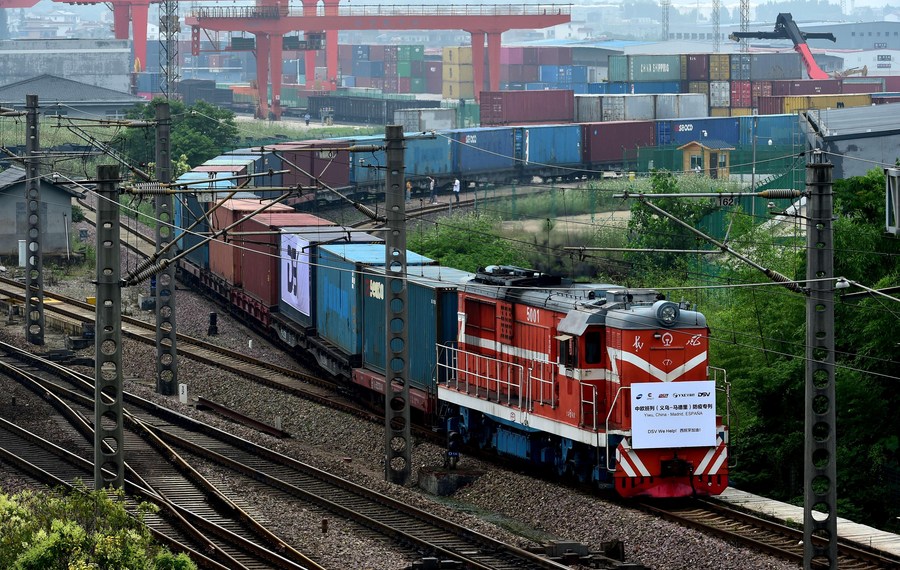
"Sustainable and predictable supply of Chinese goods to the European market has brought real benefits to residents in Europe and instilled stability into the global value chain and supply chain," Yang said.
"(The BRI) is by far the largest cooperation platform and the most popular public good China has offered to the world, creating new opportunities for the common development of all countries."
China has jointly promoted Belt and Road cooperation with all partners based on friendly consultation, mutual benefits, and mutual respect, according to Yang. "We have never imposed our will on others, nor have we attached any political preconditions to the cooperation. All BRI cooperation follows high international standards and attaches great importance to debt sustainability. In the whole process of project selection, investment, and financial cooperation, all participants made joint decisions, and the benefits will be shared by all parties.
"The BRI has never been a geopolitical strategy, but a development role that helps deliver the 2030 Agenda for Sustainable Development. Moreover, the BRI has not created the so-called 'debt-trap', but serves as an opportunity that delivers mutual benefit. The BRI will not damage the environment; instead, it's a green road that facilitates low carbon growth, environmental protection, and climate response," Yang said.
















